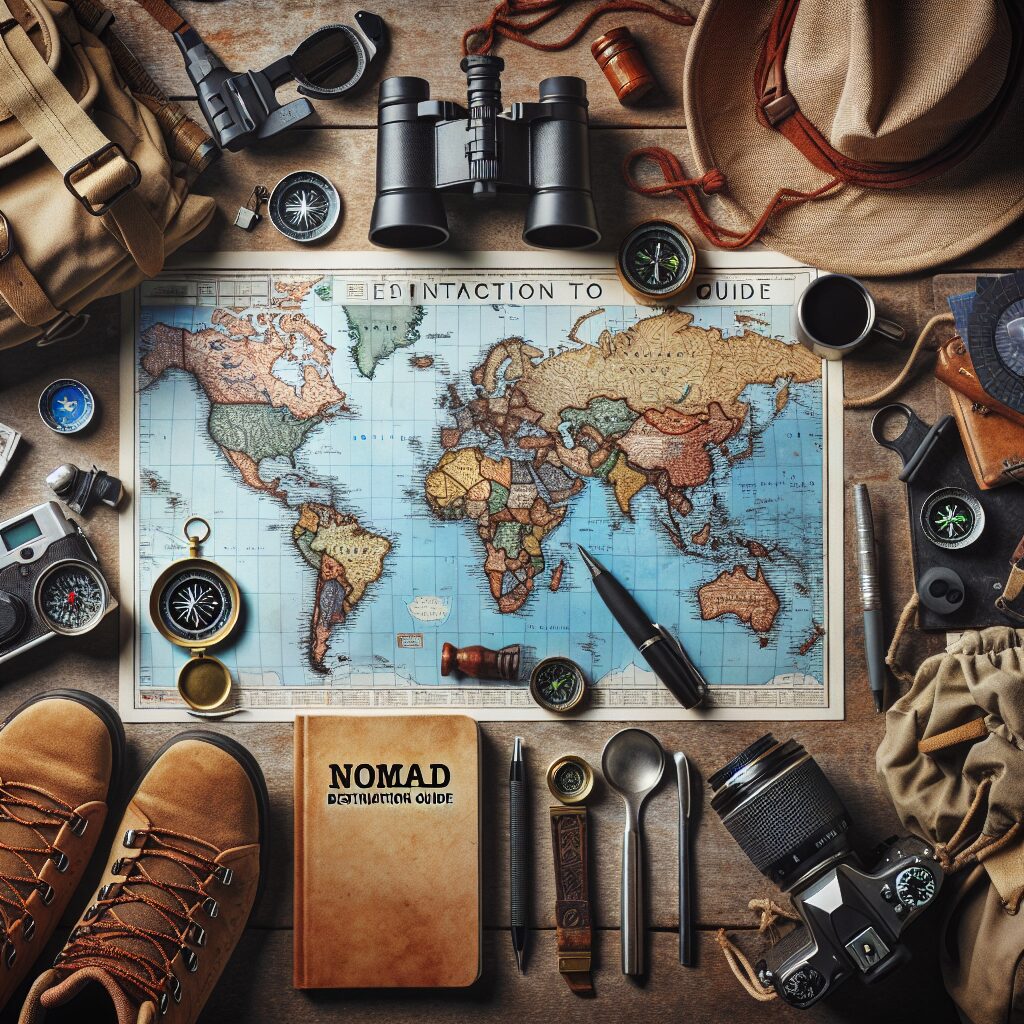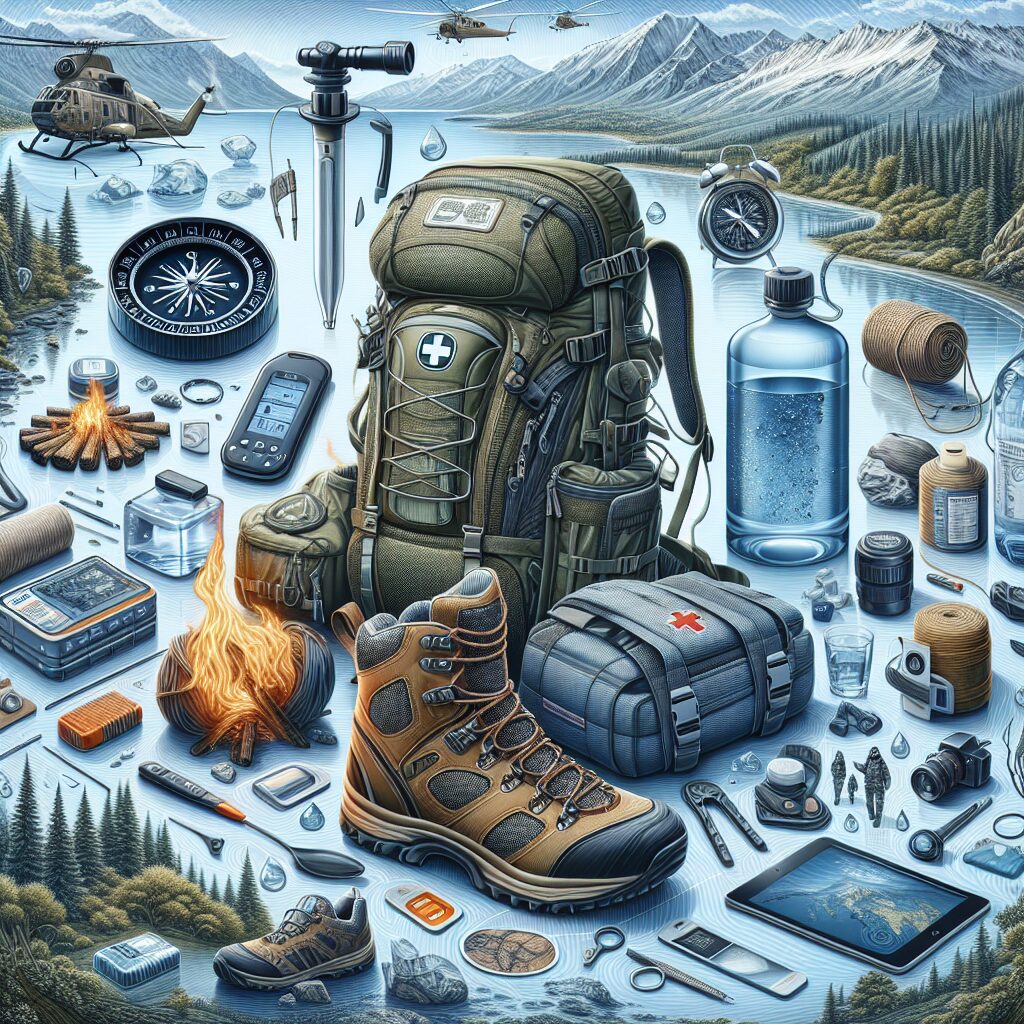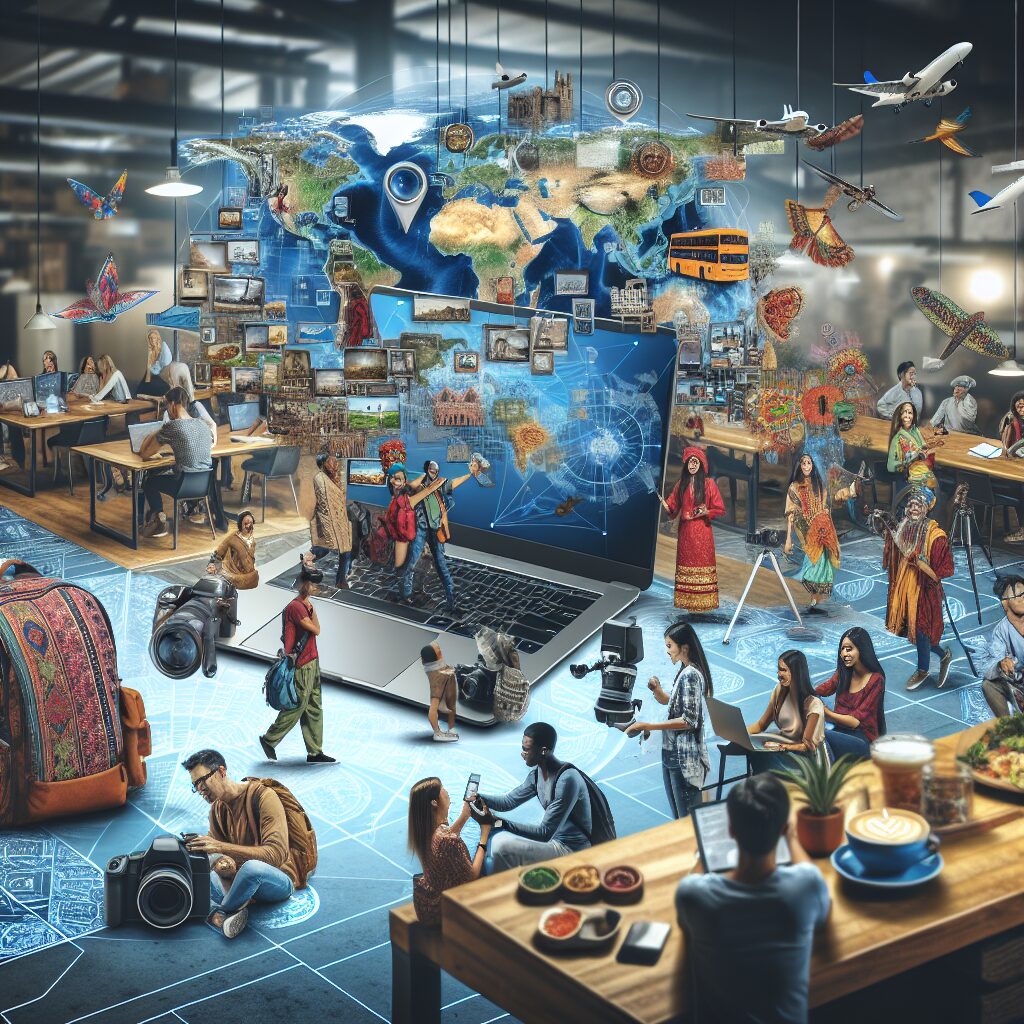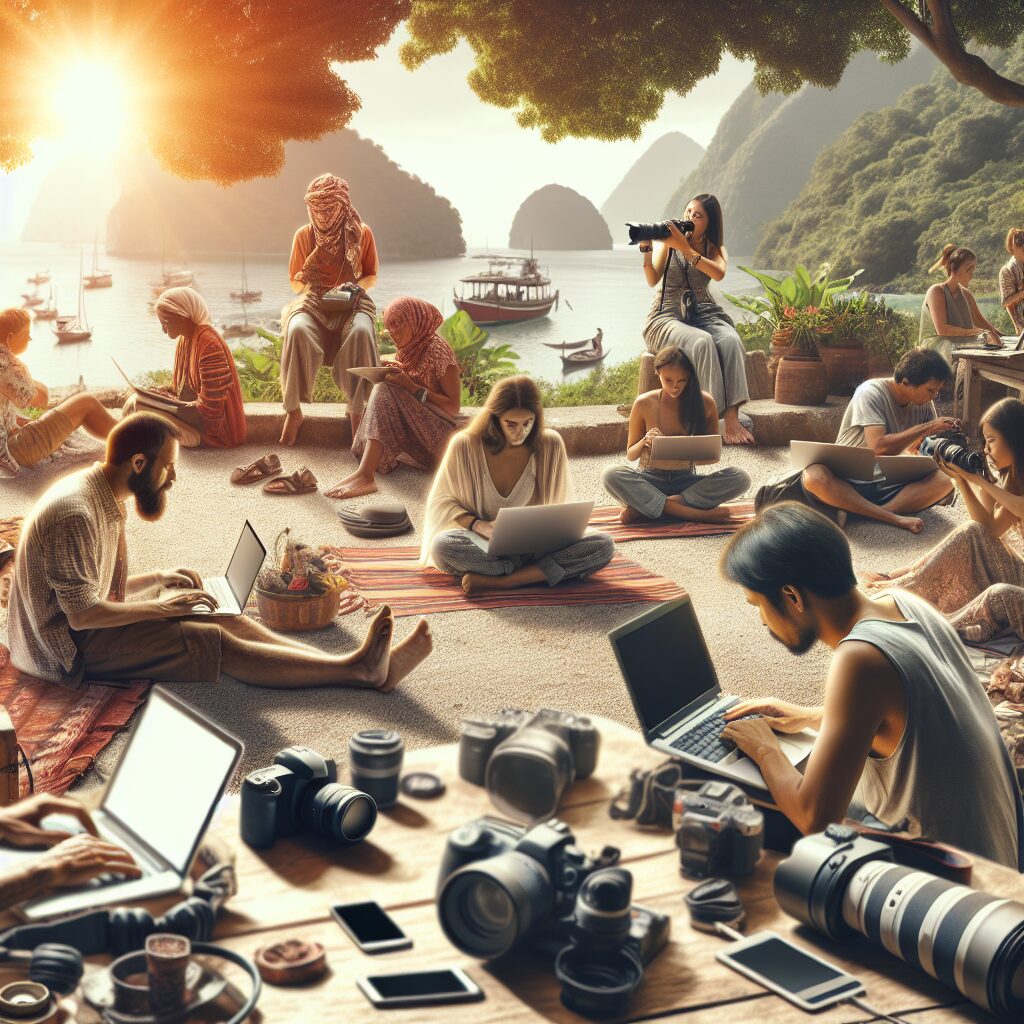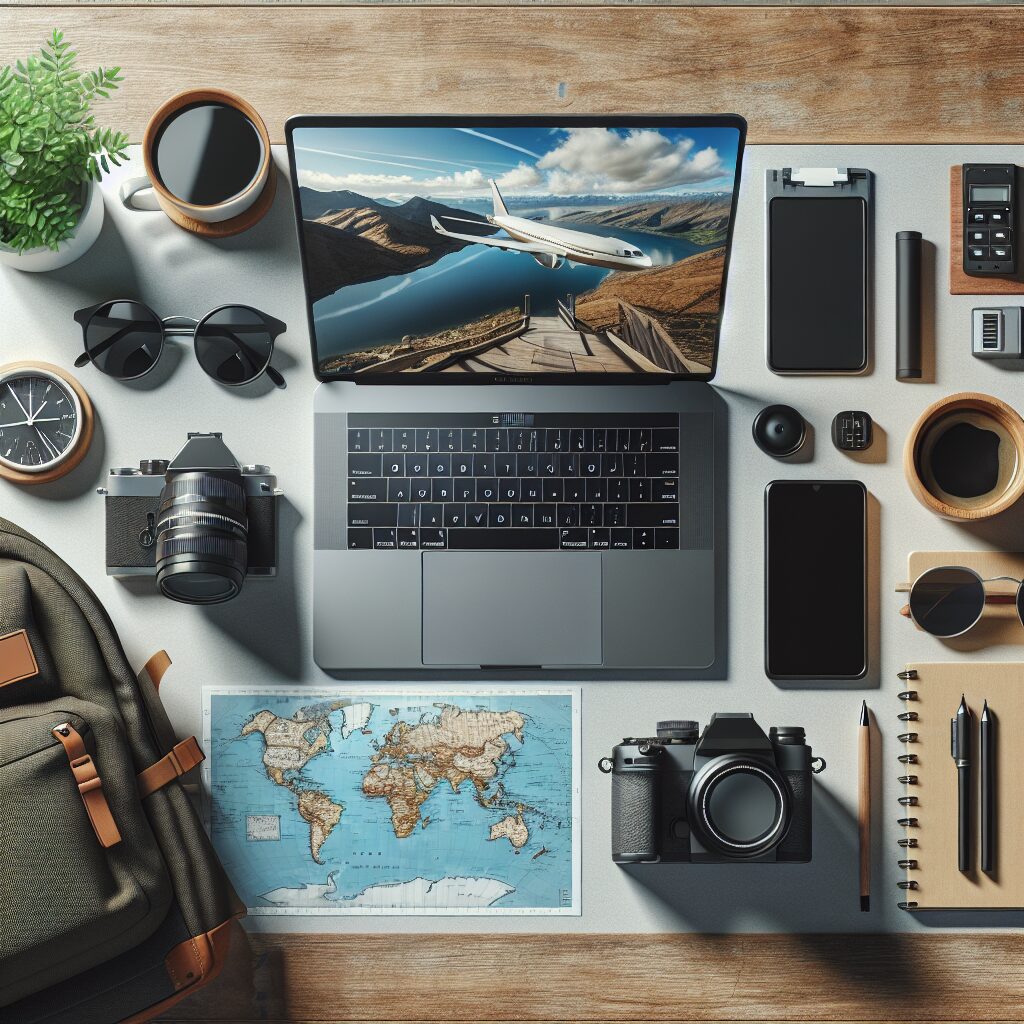Wellness Tips for Nomads are crucial in maintaining a healthy and balanced lifestyle while constantly on the move. Nomads are individuals who have embraced a location-independent lifestyle, often traveling from one place to another. With their unconventional lifestyle, they face unique challenges that can impact their physical, mental, and emotional well-being.
Constantly being on the move can lead to irregular routines and limited access to essential resources, such as healthy food options and fitness facilities. This can result in poor nutrition, lack of exercise, and high stress levels. However, with a few simple strategies and conscious choices, nomads can prioritize their wellness and thrive while on the go. In the following part of this article, we will discuss key takeaways and practical tips that nomads can implement to enhance their overall well-being, no matter where their travels take them.
Key Takeaways
1. Prioritize physical well-being: Maintaining a healthy lifestyle on the road is crucial for nomads. Regular exercise, proper nutrition, and sufficient sleep are essential for overall well-being and should be prioritized.
2. Create a regular routine: Establishing a daily routine can help nomads maintain a sense of structure and stability. Setting specific times for work, leisure, self-care, and social interactions can enhance productivity and overall happiness.
3. Seek out local resources: Utilizing local resources can enhance the well-being of nomads. Attend yoga classes, join fitness groups, explore local cuisine, and take advantage of wellness activities offered in the area to enrich your travel experience.
4. Maintain social connections: Nomadic life can sometimes be isolating, so it’s important to nurture social connections. Engage with fellow nomads, locals, and online communities to combat loneliness and foster a sense of belonging.
5. Practice self-care and mindfulness: Engaging in self-care activities such as meditation, journaling, or relaxation techniques can help nomads manage stress, promote mental clarity, and achieve a greater sense of overall well-being. Taking time for oneself and staying present in the present moment are key ingredients to a fulfilling life on the road.
What are the Best Wellness Tips for Nomads?
Maintaining Physical Health as a Nomad
Staying active and taking care of your body is essential for the well-being of nomads. As they constantly move from one place to another, it can be challenging to develop a consistent fitness routine. However, there are several strategies nomads can implement to ensure their physical health remains a priority. Regular exercise, such as walking, hiking, or yoga, can be easily incorporated into a nomadic lifestyle. Additionally, maintaining a balanced diet and staying hydrated are crucial for overall physical wellness. Packing healthy snacks, cooking homemade meals, and carrying a reusable water bottle can assist nomads in making healthier choices while on the go.
Keeping Mental Well-being in Check
Nomadic living can bring about unique challenges for mental health, such as loneliness, isolation, and a lack of routine. To promote mental well-being, it is crucial for nomads to prioritize self-care and establish a support system. Engaging in activities that bring joy and relaxation, such as reading, practicing mindfulness, or pursuing hobbies, can significantly contribute to mental wellness. Building meaningful connections with other nomads or local communities through social events, co-working spaces, or online forums can mitigate feelings of loneliness and create a sense of belonging.
Creating a Balanced Work-Life Routine
Balancing work and personal life can be particularly challenging for nomads who often work remotely. Establishing a consistent work schedule, setting boundaries, and organizing productive workspaces are essential for maintaining a healthy work-life balance. It is crucial to designate specific time for work, leisure, and rest to avoid burnout. Cultivating a routine that includes regular breaks, exercise, and time for relaxation and exploration can help nomads manage their work effectively while prioritizing their well-being.
Ensuring Proper Sleep Hygiene
The nomadic lifestyle can disrupt sleep routines due to changing time zones, unfamiliar environments, or uncomfortable sleeping arrangements. However, quality sleep is fundamental for overall wellness. Nomads should strive to create optimal sleep environments by using earplugs, eye masks, or white noise machines to block out disturbances. Establishing a relaxing pre-sleep routine, such as reading or listening to calming music, can signal the body to unwind and prepare for restful sleep. It’s essential to prioritize a consistent sleep schedule and ensure proper rest to support physical, mental, and emotional well-being.
Exploring Mindfulness and Adventure
One of the significant advantages of the nomadic lifestyle is the opportunity for adventure and exploration. Practicing mindfulness and embracing new experiences can enhance overall wellness. Engaging with the present moment through meditation or journaling can help nomads cultivate gratitude, reduce stress, and enhance self-awareness. Furthermore, seeking out adrenaline-inducing activities, such as hiking, swimming, or trying new cuisines, can contribute to a sense of adventure and boost overall well-being.
Top 5 Wellness Tips for Nomads:
1. How can nomads incorporate regular exercise into their nomadic lifestyle?
2. What strategies can nomads use to prevent loneliness and isolation?
3. How can nomads establish a healthy work-life balance while working remotely?
4. What tips can nomads follow to ensure proper sleep hygiene despite changing environments?
5. How can nomads practice mindfulness and embrace new experiences during their nomadic journey?
Frequently Asked Questions
1. Is it possible to maintain a healthy lifestyle as a nomad?
Absolutely! With some planning and commitment, nomads can prioritize wellness and maintain a healthy lifestyle on the go. It’s all about making mindful choices and incorporating healthy habits into your routine.
2. How can I eat healthy as a nomad?
Eating healthy as a nomad can be challenging but not impossible. Pack nutritious snacks, opt for local fresh produce, embrace local cuisines with healthy options, and cook your own meals whenever possible. Additionally, staying hydrated and limiting processed foods can significantly contribute to a healthy diet.
3. What are some effective ways to exercise while living a nomadic lifestyle?
There are various ways to stay fit and active as a nomad. Engage in activities like hiking, yoga, or swimming that require minimal equipment and can be done anywhere. Utilize online fitness classes or apps, carry resistance bands or compact workout equipment, and prioritize regular movement throughout the day.
4. How can I manage my mental well-being while constantly changing locations?
Maintaining good mental health is crucial for nomads. Establish routines, practice mindfulness and meditation, stay connected with loved ones, seek social interactions, join local communities, and allocate time for self-care activities like reading, journaling, or pursuing hobbies.
5. Is it necessary to have travel insurance for my well-being as a nomad?
Although not mandatory, having travel insurance is highly recommended for nomads. It provides financial protection in case of unexpected emergencies, medical expenses, or accidents. It offers peace of mind and allows you to focus on your well-being without worrying about potential financial burdens.
6. How can I ensure quality sleep while constantly changing accommodations?
Prioritize quality sleep by creating a comfortable sleep environment, packing essentials like earplugs and eye masks, researching and booking accommodations that prioritize sleep quality, maintaining a consistent sleep schedule, and practicing relaxation techniques before bed.
7. What steps can I take to stay safe and healthy while traveling as a nomad?
Staying safe and healthy while traveling as a nomad requires being proactive. Research and follow safety guidelines of your destinations, carry a basic first aid kit, stay hydrated, practice good hygiene, be mindful of your surroundings, and take necessary precautions like getting vaccinations and carrying necessary medications.
8. How can I incorporate mindfulness into my nomadic lifestyle?
Incorporate mindfulness into your nomadic lifestyle by practicing awareness of the present moment. Be fully present in your experiences, embrace the beauty of new surroundings, savor local flavors and cultural experiences, engage in mindful activities like yoga or meditation, and limit distractions from technology.
9. What are some effective ways to manage stress as a nomad?
Managing stress as a nomad requires finding healthy coping mechanisms. Engage in regular physical activity, practice relaxation techniques, connect with nature, take breaks, engage in creative outlets, seek support from fellow nomads or online communities, and establish a work-life balance.
10. Can a nomadic lifestyle contribute to overall well-being?
A nomadic lifestyle can indeed contribute to overall well-being. It offers opportunities for personal growth, cultural immersion, and exploration. However, it’s essential to establish a sense of stability, prioritize self-care, and find a balance between adventure and self-preservation to ensure well-being is maintained.
Final Thoughts on Wellness Tips for Nomads
Living a nomadic lifestyle doesn’t have to mean sacrificing your well-being. By adopting mindful and intentional practices, nomads can prioritize their physical, mental, and emotional wellness while embracing the freedom and excitement of a life on the move.
Remember, every nomad’s journey is unique, and it’s important to listen to your body and make choices that align with your personal wellness goals. Stay curious, be adaptable, and embrace the transformative power of travel while taking care of yourself along the way.




